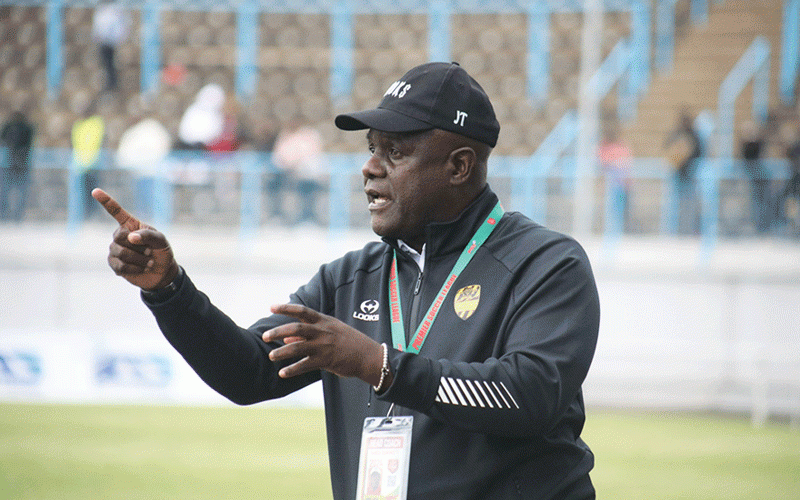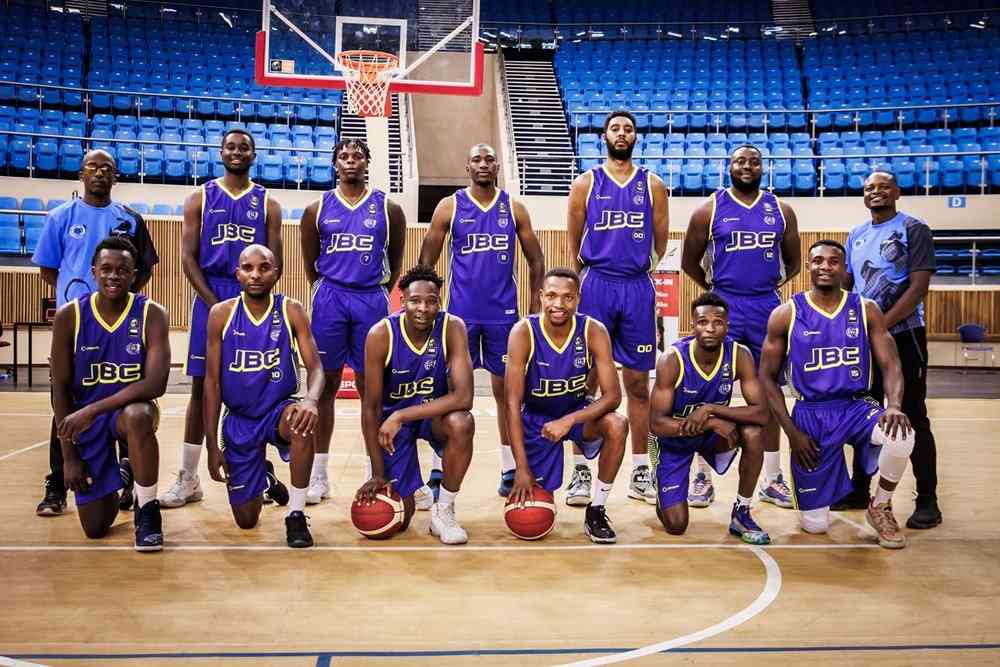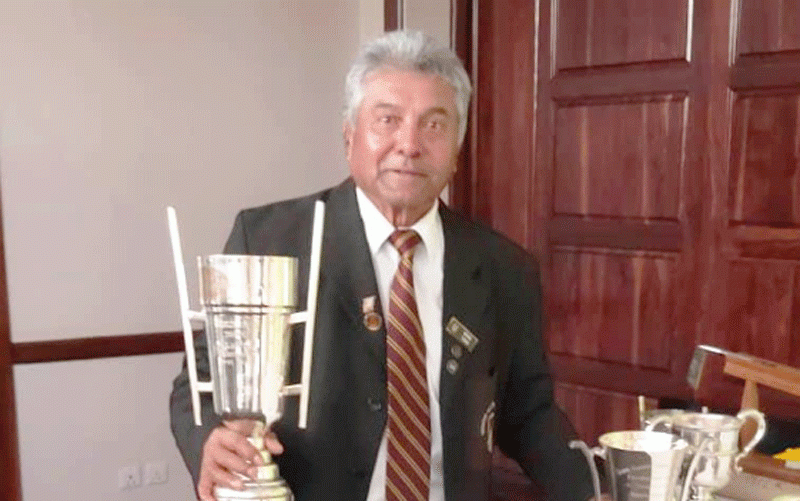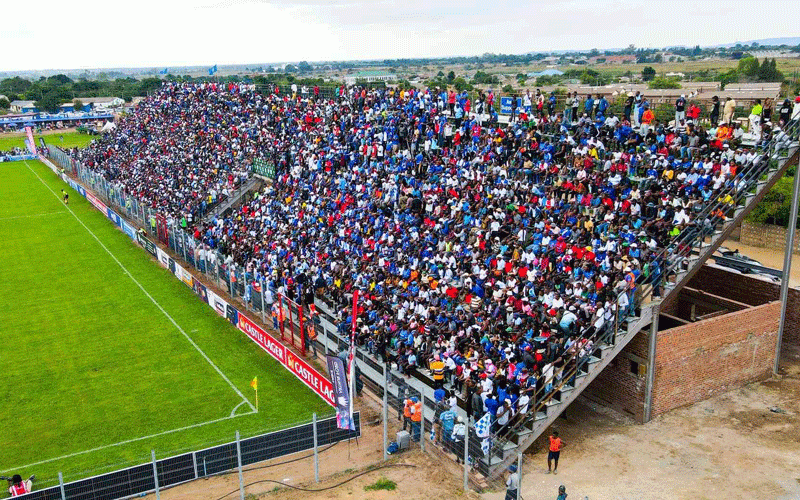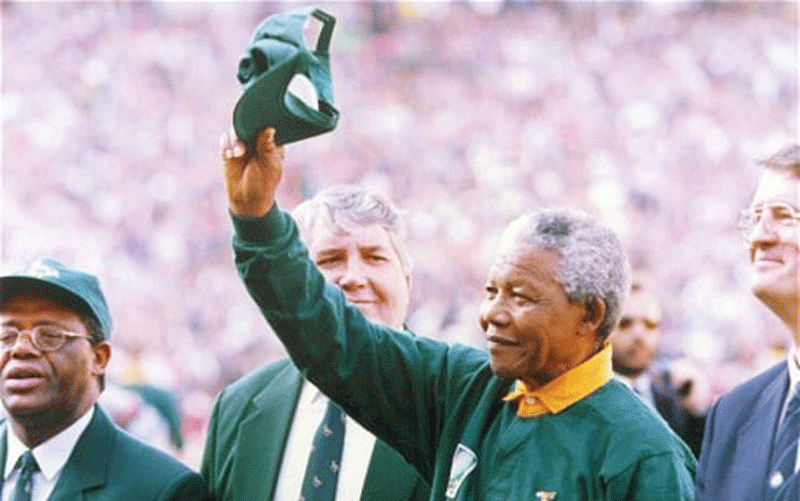
Yes, you read that correctly; the late, legendary former President Nelson Mandela got it wrong!
However, before anyone wishes to hang this writer (perhaps justifiably) for treason, sacrilege or gross arrogance, bear with us! There may be a hint of truth in the statement (as well as, undeniably, a great deal of truth in many of Mandela’s statements).
Let us state at the start though that he did get things right obviously, not least as an extraordinary leader. He got it right when he said that we should not see ourselves as losers but rather learners, when we do not win. “I never lose,” he declared; “I either win or I learn”. Absolutely! When we lose, we can learn a massive amount. Indeed, we will learn far more than when we win. And we will learn not just about our performance on the sports field but also about lessons for the field of life.
Note, however, that we stated above that “we will learn far more than when we win” but that does not and must not preclude us learning when we win.
That is where Mandela was wrong. When he said, “I never lose; I either win or I learn”, he implies that we do not learn when we win – and that is a serious problem. That is wrong. It is not a matter of either winning or learning.
When a school team loses, very often the coach will sit the players down (or worse, make the tired players stand) and go over the match, point out where they went wrong, harangue them for their mistakes and lack of effort, tell them how they have got to learn, all the while belittling and embarrassing them by doing so in public. Does the coach do the same thing when the team wins?
Not learning when winning is a serious reality; youngsters (coaches even), for the most part do not learn anything when they win, not least as they are so busy celebrating that they do not pause to reflect on why they won. They won – that is all they need to know (and perhaps also remind everyone else that they won). Why on earth would they need to learn anything when they have just won? When they win, does the coach call the youngsters in around him and go over the match, pointing out significant moments and moves, highlighting key lessons? Fat chance!
Yet youngsters must learn to learn from winning; indeed, the learning should be more valued than the winning. What then do they learn when they win? Maybe they need to realise and learn that they were lucky, that the ball bounced in their favour at key moments, that the referee did not see infringements, that the weather conditions suited them more, that their opponents had an off day or had players out injured. Any of those factors may have contributed to their victory, none of which had anything to do with them. There is a lesson for life to learn right there for starters.
- The art of effective communication
- An enduring 61-year-long love affair in a sea of divorce cases
- Zim Cricket sitting on a jackpot
- Mandela was wrong!
Keep Reading
However, they may learn that the moves, the positions, the tactics they had practised in practice actually worked! They may have learned that running harder, longer, further may well have led to their win. They need to learn that winning is a privilege, that winning must not be taken for granted, that the more they learn they must realise there is more to learn, that they can always improve and develop. The more they win, they must learn there is more to learn from winning.
Mandela learnt a great deal in his loss of freedom which equipped him greatly to learn more when he won, when he was released from prison and led the country to a different level. He learned that two wrongs do not make a right so he did not exact revenge on those who betrayed him, but rather led by example with integrity, dignity and humility. He learned not to take life for granted.
So, yes, children can learn a great deal from loss, from adversity but they must learn that they must learn equally when they win. They are not Losers but Learners; the L plate on cars is not pointing out to other people that those people driving the car are losers. Equally, W must not stand for Winner but for Wise man. W stands for them learning to be Whole, stands for them having worked out the What (the match is just a game, not the be-all-and-end-all of everything in life), the Who (winning or losing does not change who I am) and the Why (why did the match go or end the way it did).
Maybe Mandela could have said “I do not win or lose; I either learn or I learn”. School is for learning, is it not? And sport at school is for learning, learning when we win or lose. When will we learn that?

